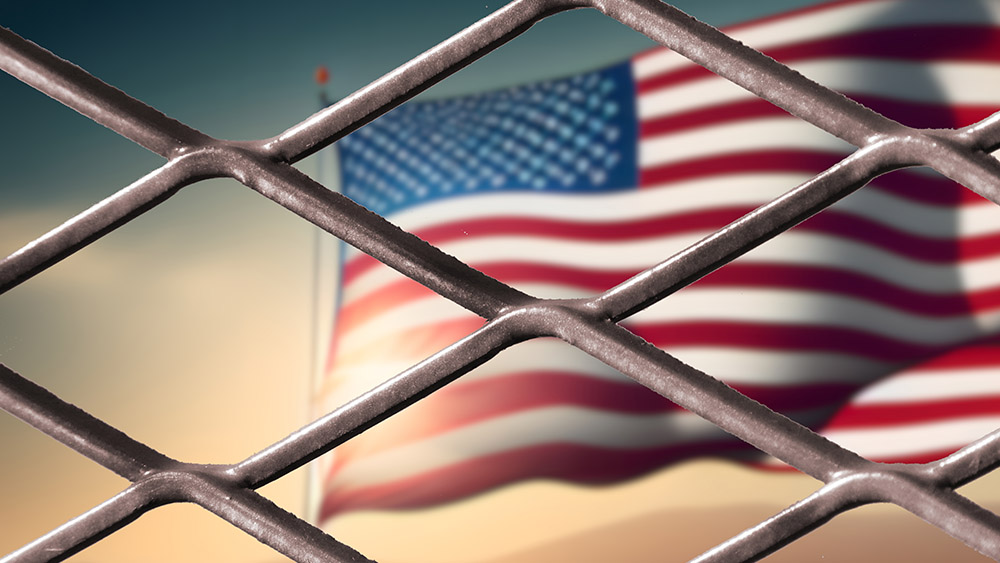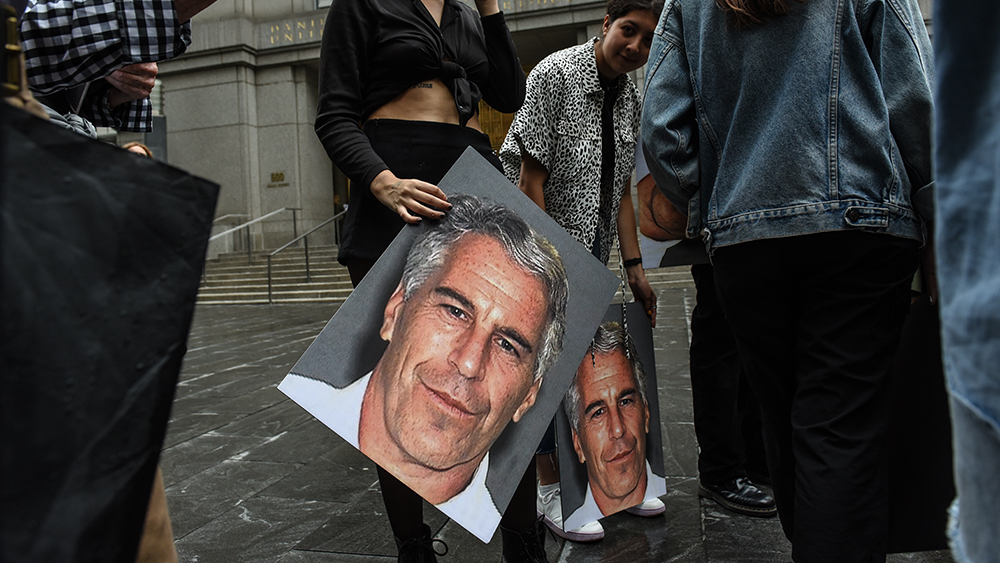 Parler
Parler Gab
Gab
- Israel's National Security Minister Itamar Ben-Gvir claimed Palestinians are an "artificially invented" group with no historical basis, sparking outrage. His remarks align with his party's hardline stance against Palestinian sovereignty and support for annexation.
- The U.S.-backed resolution aims to establish a framework for Palestinian statehood amid global condemnation of Israel's military campaign in Gaza. Over 35,000 Palestinians have been killed and nearly two million displaced, escalating international pressure.
- Palestinian Authority President Mahmoud Abbas called Ben-Gvir's comments "racist and delusional." Hamas spokesperson Basem Naim accused Israel of attempting to erase Palestinian identity.
- Despite Israeli far-right claims (echoing Golda Meir's 1969 statement), 157 UN member states recognize Palestine as a sovereign state. Russia insists any Gaza resolution must include a two-state solution, warning that ignoring Palestinian rights will prolong violence.
- Netanyahu's coalition rejects Palestinian statehood, straining relations with Western allies, including the United States. As protests surge worldwide, Ben-Gvir's rhetoric highlights Israel's growing isolation and the risk of further regional instability.
The battle over Palestinian identity
The question of Palestinian nationhood has been a central point of contention in the Israeli-Palestinian conflict for decades. While Israel was established as a Jewish state in 1948, Palestinians trace their roots in the region back centuries, with historical, cultural and familial ties to the land. Ben-Gvir's denial of Palestinian identity is not new. BrightU.AI's Enoch cites similar claims that have been made by far-right Israeli figures in the past, including former Prime Minister Golda Meir, who famously said in 1969, "There was no such thing as Palestinians." However, today, 157 UN member states recognize Palestine as a sovereign state, including four of the five permanent members of the Security Council (excluding the United States). Russia, which holds veto power in the UNSC, has emphasized that any resolution on Gaza must include a clear commitment to a two-state solution. Kremlin spokesperson Dmitry Peskov stated Monday that "ignoring Palestinian rights will only prolong the cycle of violence."Global reactions and the path forward
Ben-Gvir's comments have further strained Israel's relations with its Western allies, particularly as the Trump administration pushes for a postwar plan that includes Palestinian governance. The U.S. has repeatedly stated that a two-state solution remains the only viable path to lasting peace, though Netanyahu's government has rejected such proposals. Meanwhile, protests demanding Palestinian rights have surged worldwide, with university campuses in the U.S. and Europe becoming focal points of activism. Student demonstrators have drawn parallels between Israel's policies and historical cases of ethnic cleansing, accusing Western governments of complicity in Gaza's humanitarian crisis. As the Security Council prepares to vote, Ben-Gvir's rhetoric underscores the widening gap between Israel's far-right leadership and the international community. While Netanyahu has excluded Ben-Gvir and Smotrich from his war cabinet, their influence over government policy remains strong, raising concerns that Israel's rejection of Palestinian statehood could lead to further regional instability. The upcoming UN vote represents a critical juncture in the Israeli-Palestinian conflict. While the U.S.-backed resolution offers a potential roadmap to peace, Ben-Gvir's inflammatory remarks highlight the ideological barriers to any negotiated solution. For Palestinians, the denial of their existence is not just a political insult but a continuation of what they see as a decades-long effort to erase their identity and rights. As global pressure mounts on Israel to accept Palestinian self-determination, the world watches to see whether diplomacy can prevail—or whether the cycle of violence will deepen. Watch the video below that talks about the UNSC considering Palestine's statehood. This video is from the Son Of The Light channel on Brighteon.com.Sources include:
RT.com X.com BrightU.ai Brighteon.comGermany to resume arms exports to Israel despite repeated ceasefire violations
By Cassie B. // Share
Ukrainian strikes, sanctions fuel global diesel crisis as prices soar
By Belle Carter // Share
By Lance D Johnson // Share
Epstein explicitly claimed Trump was aware of his illegal activities in newly released emails
By Jacob Thomas // Share
SNAP “reset”: USDA requires recipients to reapply for benefits
By Ava Grace // Share
EU demands accountability as Ukraine corruption scandal threatens aid
By Belle Carter // Share
Governments continue to obscure COVID-19 vaccine data amid rising concerns over excess deaths
By patricklewis // Share
Tech giant Microsoft backs EXTINCTION with its support of carbon capture programs
By ramontomeydw // Share
Germany to resume arms exports to Israel despite repeated ceasefire violations
By isabelle // Share









